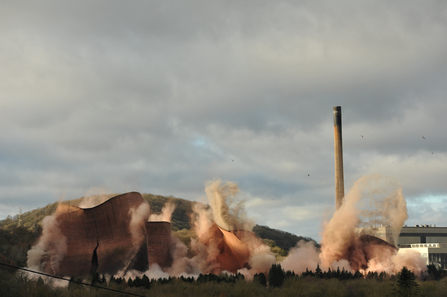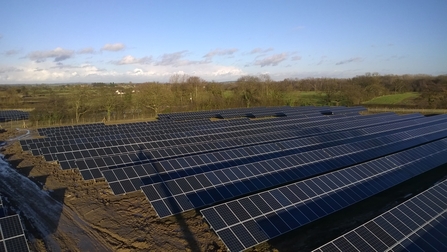Emitting carbon dioxide into the atmosphere is like filling your bath and not turning the taps off.
Climate Change 2022: Mitigation of Climate Change states unequivocally that without immediate and deep reductions in CO2 and the other greenhouse gases across all sectors, limiting global warming to 1.5°C above pre-industrial times is beyond reach. The climate emergency and biodiversity crisis mean we cannot put off until tomorrow what needs to be done today. We can all play a part in reducing CO2 emissions.
Average global temperatures are currently 1°C hotter than in pre-industrial times due to human activities. A further rise to 2°C by 2100 will significantly worsen the risks of drought, floods, extreme heat and the resultant poverty for hundreds of millions of people as well as exacerbating the accompanying biodiversity crisis and loss or extinction of species globally. The UN Intergovernmental Panel on Climate Change (IPCC) special report in 2018 set a target of limiting global heating to a maximum of 1.5°C to minimise this impact. This target is affordable and feasible, but action is needed now.



